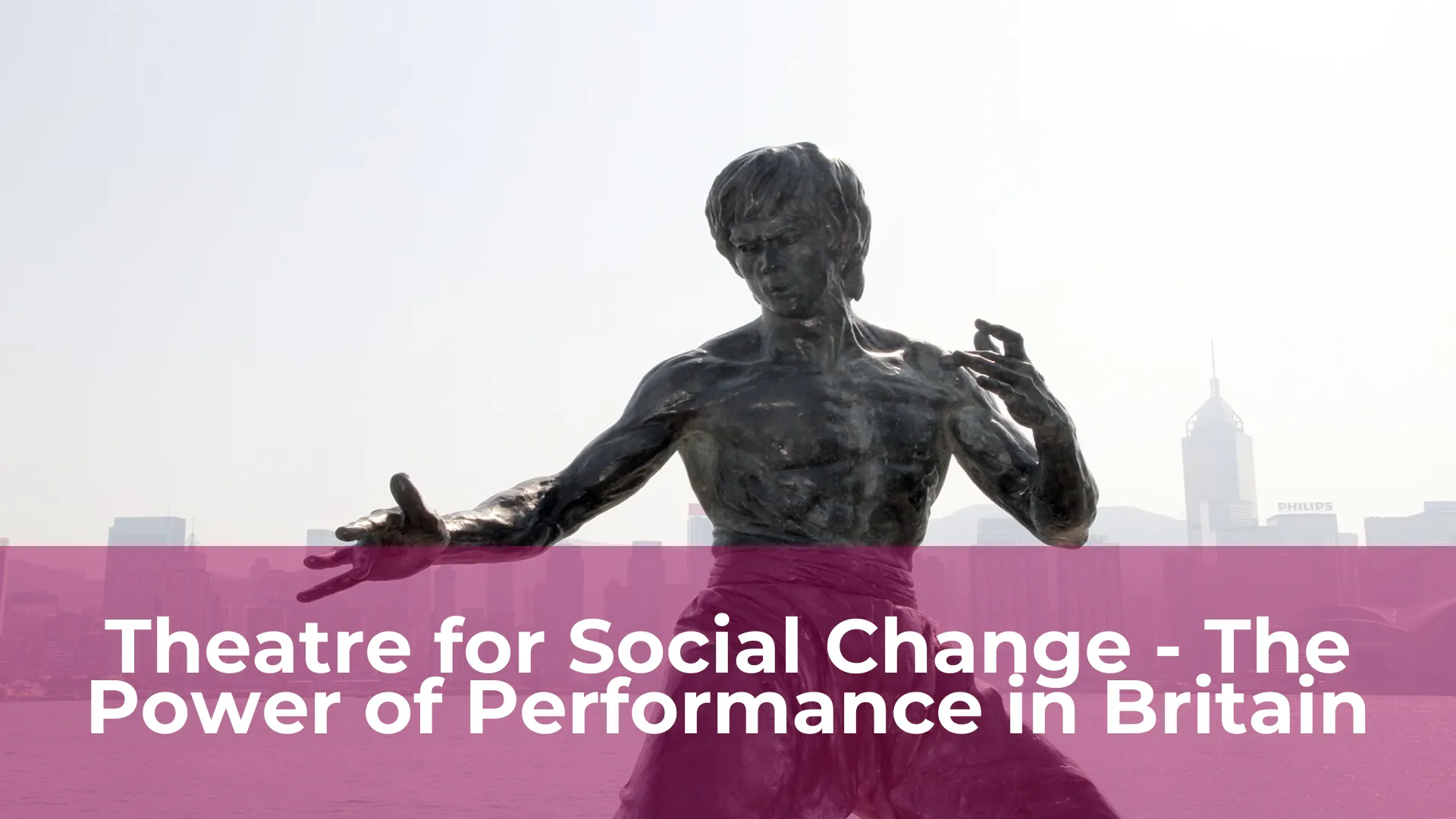Theatre has long been recognized as a powerful tool for social change. In Britain, experimental theatre groups are using the power of performance to raise awareness of social issues and promote positive change. From the provocative plays of Sarah Kane to the immersive theatre experiences of Punchdrunk, British theatre has a long history of pushing boundaries and encouraging audiences to think critically about the world around them.
Theatre for social change is not limited to traditional theatre spaces – it can take place in schools, community centers, and even on the streets. One group making waves in this field is Cardboard Citizens, a theatre company that works with homeless and marginalized people to create and perform plays that explore issues such as poverty, gentrification, and mental health. Through their work, they aim to challenge stereotypes and help audiences see the humanity in those often overlooked by society. Theatre for social change is a powerful tool, and in Britain, it is being used to drive positive change in communities across the country.
Introduction: Exploring the concept of theatre for social change
Theatre is more than just entertainment; it is a powerful tool for social change and transformation. Theatre for social change, also known as theatre of the oppressed, is a form of theatre that aims to provoke critical thinking, dialogue and action on social issues. It is a form of theatre that challenges the status quo and seeks to empower individuals and communities to take action against injustice, oppression and inequality.
The concept of theatre for social change has been around for many years, but it has gained renewed interest and relevance in recent times. With the rise of social and political movements around the world, theatre has become an increasingly important means of raising awareness about issues and inspiring action. Theatre for social change can take many different forms, from street theatre and community theatre to participatory and interactive theatre, but its fundamental goal is always the same: to create social change and give a voice to the voiceless. In this article, we will explore the concept of theatre for social change and its impact on society.
History of theatre for social change in Britain
Theatre for social change has a rich history in Britain, dating back to the early 20th century when the suffragettes used theatrical productions to promote their cause. Since then, theatre has been used as a medium to address social and political issues, from the 1960s anti-war movement to the present day #MeToo movement. Through the use of drama, music, and comedy, theatre provides a platform for discussion and reflection on important societal issues.
Theatre for social change has also played a significant role in addressing issues of inequality and discrimination. One notable example is the work of the Theatre Royal Stratford East, which has a long history of producing plays that explore issues of race and immigration. In the 1970s, the theatre was instrumental in promoting the work of black British playwrights, such as Mustapha Matura and Caryl Phillips, and in the 1980s, it hosted the first Black Theatre Season, showcasing the work of black theatre companies from across the UK. Today, theatre for social change continues to play an important role in raising awareness of important issues and promoting social justice in British society.

